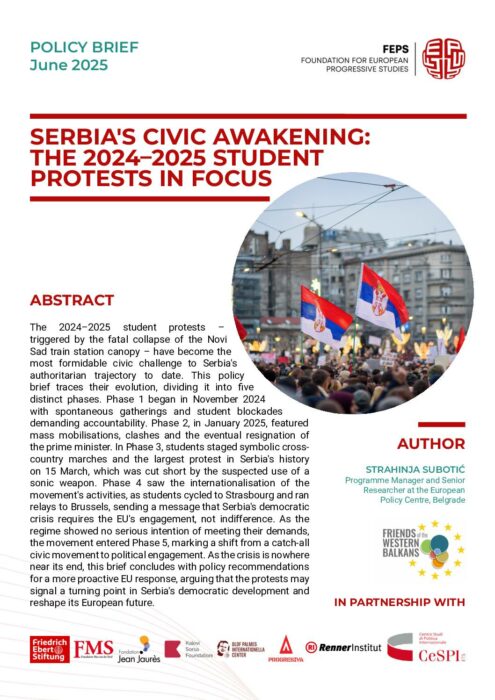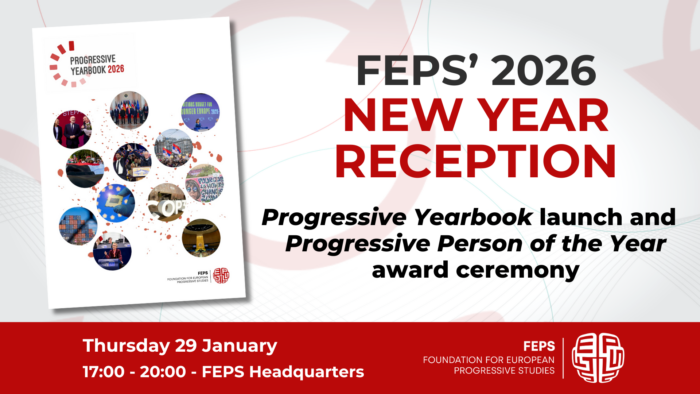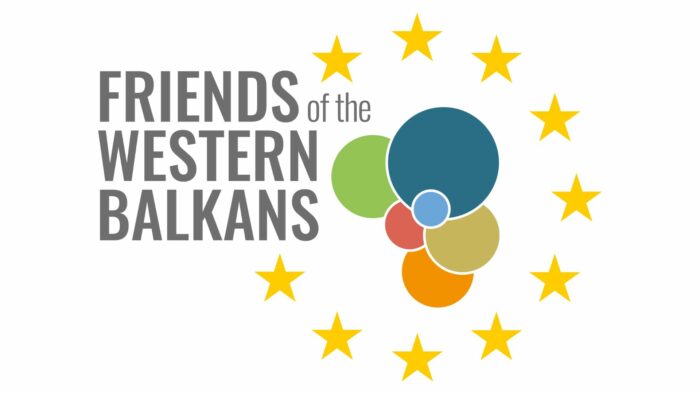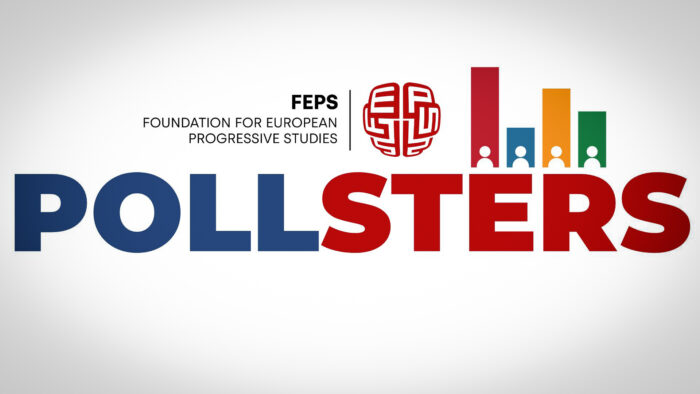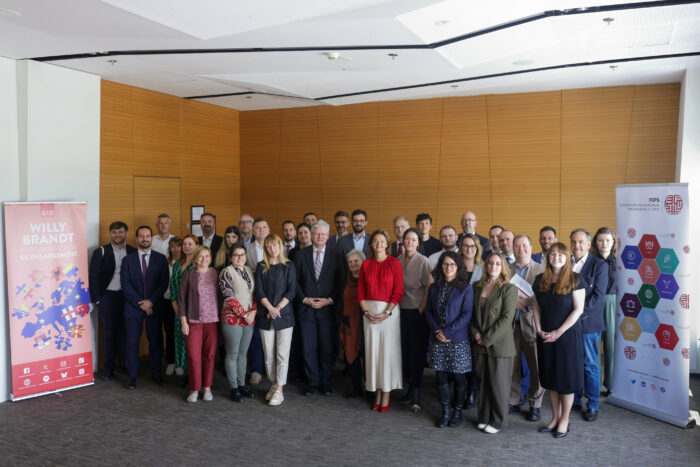Find all related publications
Publications
Find all related events
Events
Past
29/01/2026
FEPS HQ
20 - 22/11/2025
Belgrade, Serbia
05 - 06/11/2025
Vilnius, Lithuania (Expert meeting)
Load more...
Find all related news
News
Find all related in the media
In the media
‘Bruselas, ¿te Quiero?’ Tras un verano cruel, Von der Leyen pide a Europa que “luche”
by Euronews 16/09/2025
En Europe, les partis sociaux-démocrates se sont contentés d’une approche technocratique
by Le Point 04/07/2025



